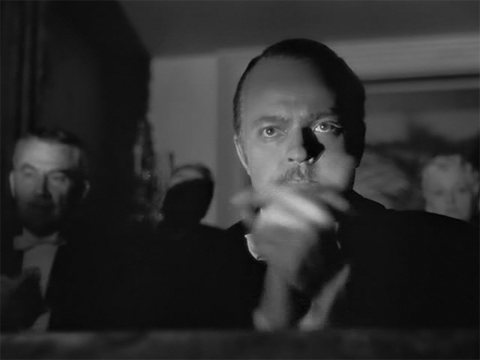I don't even remember the series existed. I've asked my brother about it and he mentioned the series was difficult to tune in because the series was constantly moving from SyFy Channel to USA Network to Bravo to NBC. I wouldn't call a show which was moving all over the place to be successful. How long did this show lasted?
It was insanely popular. Full bus adverts in the heart of London...The Last Supper publicity shot was quite cool. Never confuse ‘it wasn’t on my personal Radar’ with ‘it wasn’t popular’.
I don’t think I have ever intentionally watched Sex and the City, never ever saw Ally McBeal, and have seen a handful of Big Bang Theory....I don’t for one minute doubt they were hugely successful mind you.

